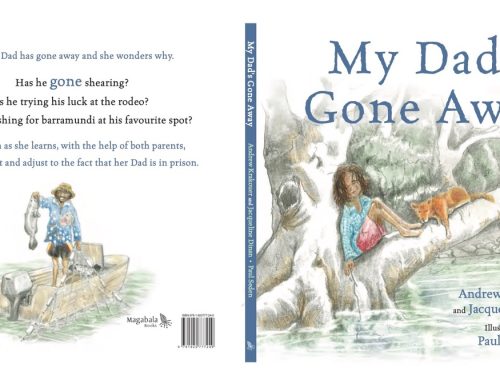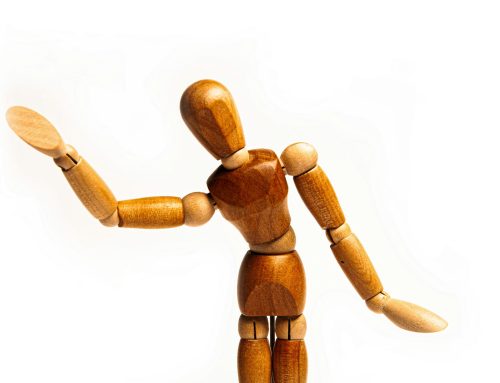Olympic Cultural Festivals and the Promotion of Healthy Lifestyles
Written by Andrew Pope
In Australia, there has been a tendency to think of sport and cultural pursuits as distinct – with sports often venerated while the arts are disparaged. But sport and culture have long been closely connected. The history of the Olympic movement demonstrates this long and close connection, with culture celebrated via an associated cultural festival running in parallel with these Games.
Historical records show that these festivals have a long association with the Games and were held as part of the first Olympic Games at Olympia in 776 BC and featured in subsequent Games until 395 AC. As part of the ancient festivals, a platform was provided for athletes, philosophers, scholars, poets, musicians, sculptors and high-profile leaders to showcase their talents (Garcia n.d). These festivals were deemed to be an important feature of the revival of the Olympic Games in the late 19th century with Barron Pierre de Coubertin the founder of the modern Olympic movement promoting the relationship between sports and culture and emphasising the importance for the Olympic movement to contribute to culture via a hosting of a cultural festival at each of the modern Olympic Games. These festivals have focused on the relationship between sports and culture emphasising the reciprocal contribution of sports to culture and culture to sport.
The modern festivals run for a couple of months prior to the Olympics, acting as a mechanism to engage a large proportion of the population of the country hosting the games in cultural activities. Due to the significant reach of these festivals, they often act as a mechanism to promote health lifestyles through participation in sport and physical activity and they can assist in promoting the inclusion of marginalized groups in society. This can occur when these festivals expose the general population to the experiences of marginalized groups thereby assisting greater understanding of the unique challenges which these groups face (such as the challenges which these group face achieving high levels of health). However, to achieve this, this requires people from marginalised groups to be actively encouraged and engaged in the planning and delivery of these cultural events and festivals.
While most of these festivals have a positive impact on culture and society some caution needs to be taken when evaluating the effects of these festivals as some of these festivals (particularly in the context of the 1936 Berlin Olympic Games) have been used to promote the philosophical beliefs of totalitarian regimes which have excluded certain segments of society. While these concerns remain in modern times, cultural festivals associated with the Olympic Games in the 21st century can be a powerful mechanism to amplify the voice of traditionally excluded groups in society which may act as an important foundation for a more inclusive society.
References
Garcia, B. (n.d). Cultural Olympiads: 100 years of the cultural legacy within the Olympic Academy. International Olympic Academy. Retrieved from https://www.ioa.org.gr/post/cultural-olympiads-100-years-of-cultural-legacy-within-the-olympic-games
Image: Barron Pierre de Coubertin, founder of the Modern Olympic Games
Image credit: Goh, Z.K. (2024, May 27). Who was Barron Pierre de Coubertin? What were some of his lesser-known contributions? Know the founder of the Modern Olympic Games. International Olympic Committee. Retrieved from https://olympics.com/en/news/baron-pierre-de-coubertin-lesser-known-facts-founder-modern-olympic-games
Posted by Andrew Pope





